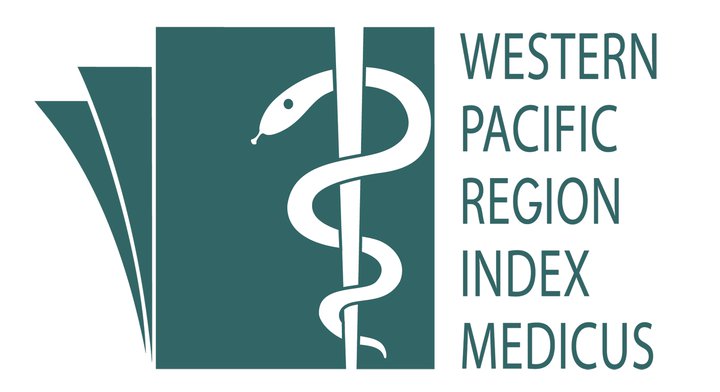Aetiologies of Liver Cirrhosis among Adult Patients attending a Hepatology Clinic at Selangor, Malaysia
Abstract
Introduction: Liver cirrhosis is an important cause of morbidity and mortality.
Methods: Our study aimed to describe the clinical pattern of cirrhosis and its associated factors among adult patients attending Hepatology Clinic, Serdang Hospital, Malaysia from 1st January 2010 to 30th June 2017. Aetiology was further determined by history, biochemistry and/or histology. The severity of the cirrhosis, together with the presence of complications and incidence of hepatocellular carcinoma were documented.
Results: A total of 357 adult patients were diagnosed with cirrhosis including 199 male patients (55.7%) and 158 female patients (44.3%), with a mean age of 54-year-old (range: 28–84 –year-old). The causes of cirrhosis were chronic hepatitis B (N=145, 40.6%), chronic hepatitis C (N= 67, 18.8%), cryptogenic liver disorder (N= 63, 17.6%), alcohol (N=42, 11.8%), non-alcoholic fatty liver disease (N=25, 7.0%), and others (N=15, 4.2%). Chronic hepatitis B was the predominant aetiology among Chinese whereas alcohol was the main aetiology among Indians, and Hepatitis C cirrhosis was highest among Malays. Majority of the patients had compensated cirrhosis with Child-Pugh A (N=221, 61.9%) at the time of diagnosis. 80.4% (N=287) of the cirrhotic patients had performed at least one endoscopy surveillance, with 28.6% (82/287) of them had endoscopic evidence of portal hypertension. 32.2% of patients had at least one hospitalization due to complication of cirrhosis. 41 patients (11.5%) had concurrent hepatocellular carcinoma during the follow up.
Conclusions: Despite universal hepatitis B vaccination, Hepatitis B viral infection remains the most common cause of cirrhosis among patients attending Hepatology Clinic, Serdang Hospital.
Keywords: Aetiology - Liver cirrhosis - Malaysia
Published
How to Cite
Issue
Section
License
IJPHR applies the Creative Commons Attribution (CC BY) license to articles and other works we publish. If you submit your paper for publication by IJPHR, you agree to have the CC BY license applied to your work. Under this Open Access license, you as the author agree that anyone can reuse your article in whole or part for any purpose, for free, even for commercial purposes. Anyone may copy, distribute, or reuse the content as long as the author and original source are properly cited. This facilitates freedom in re-use and also ensures that IJPHR content can be mined without barriers for the needs of research.





